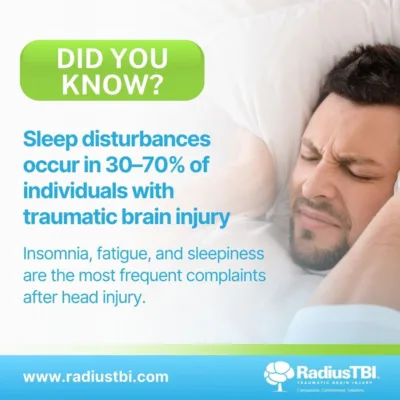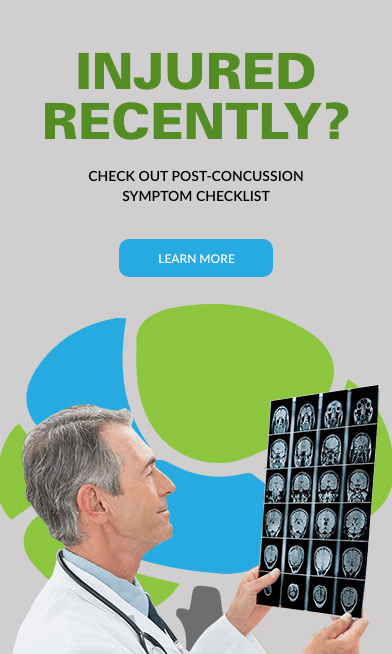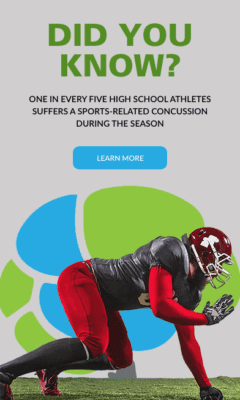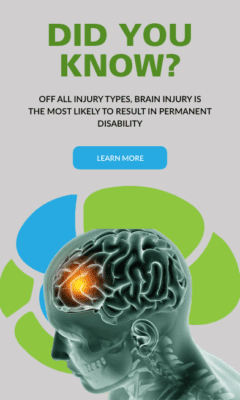THE LINK BETWEEN CONCUSSIONS AND SLEEP DISTURBANCES
WHAT YOU NEED TO KNOW
Integrative Care for Concussion / Traumatic Brain Injury Sufferers
in Ft. Lauderdale, Tampa and Orlando, Florida
People with concussions often report that they are excessively sleepy in the first week following injury and may report taking daytime naps. However, 2 to 3 weeks after their injury, they may report difficulty falling asleep or early morning awakenings, which may fuel daytime fatigue.
Source: https://www.nhlbi.nih.gov
A concussion also called a traumatic brain injury (TBI), is a detrimental injury that affects the brain and can result in short-term and long-term consequences if not treated carefully. This type of injury can occur due to a blow to the head, a fall, or any other kind of accident that causes a jolt to the head.
The effects of concussions are not limited to physical manifestations but may also cause various symptoms such as difficulties sleeping, problems with concentration and memory, headaches, mood swings, and dizziness.
These symptoms may impact daily life and require specific interventions to manage effectively to promote the brain’s healing process. Seeking immediate medical attention and following a treatment plan can help minimize the long-term effects of a concussion.
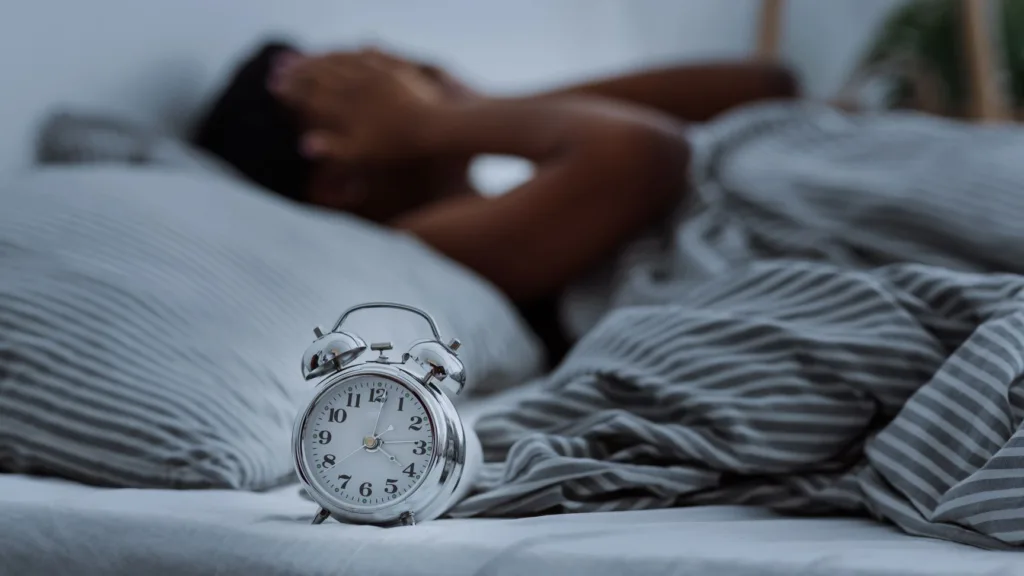
We are located in Ft. Lauderdale, Tampa and Orlando, Florida
Understanding Post-Concussion Syndrome and its Impact on Sleep
Sleep problems are a common symptom of concussion. People who have suffered trauma may have difficulty falling asleep, staying asleep, or waking up frequently at night. They may also experience changes in their sleep patterns, such as sleeping longer than usual or having trouble getting enough sleep.
The reason for these sleep disturbances is that the brain’s natural sleep-wake cycle is disrupted after a concussion. The injury can damage the areas of the brain that regulate sleep, leading to changes in sleep patterns. Additionally, pain and discomfort from the injury can make it difficult to get comfortable enough to sleep.
Aside from sleep problems, people who have suffered a concussion may experience various other symptoms that can impact their daily life. The most common symptoms include headaches, dizziness, nausea, difficulty concentrating, and memory problems. These symptoms can make it challenging to carry out daily activities and may require the individual to take time off work or school.
In some cases, the symptoms of a concussion can last for weeks, months, or even years after the injury. This is known as post-concussion syndrome. Individuals with post-concussion syndrome may experience ongoing headaches, difficulty sleeping, mood changes, and other symptoms that interfere with daily life.
The Role of Sleep in Recovery from Concussion
Tips for Better Rest
Treatment for sleep problems and other symptoms of concussion can vary depending on the severity of the injury and the individual’s specific symptoms.
In some cases, rest and relaxation may be enough to allow the brain to heal and reduce symptoms. In other cases, medications may be prescribed to help manage pain, reduce anxiety, or improve sleep.
In addition to medical treatment, there are several lifestyle changes that can help manage the symptoms of concussion. For example, maintaining a regular sleep schedule, avoiding caffeine and alcohol, and practicing stress-reducing activities like yoga or meditation can all help improve sleep quality.
Additionally, reducing screen time and other activities that require intense concentration can help reduce symptoms of headache and fatigue.
Sleep problems and other symptoms of concussion can significantly impact an individual's quality of life. It is essential to seek medical attention if you suspect that you or someone you know has suffered a concussion, as early treatment can help minimize symptoms and improve outcomes.
With the right treatment and lifestyle changes, individuals can manage the symptoms of concussion and regain their quality of life.
Latest News & Updates
Blogs
Recent Blogs

Identifying Personal Injury Risks and Traumatic Brain Injury at Radius TBI
Accidents can cause life-altering consequences, including traumatic brain injury (TBI). At Radius TBI, with locations in Ft. Lauderdale, Tampa, and Orlando, Florida, we prioritize early detection and comprehensive care for those who may have suffered a TBI. Protect your brain
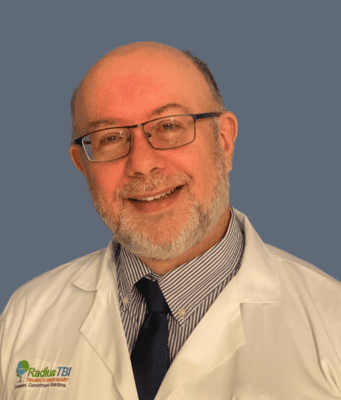
The Critical Role of Emergency Medicine in Treating TBIs: Dr. Chern’s Impact on TBI Treatment
Uncover the critical role of an emergency medicine physician like Dr. Chern in rapidly assessing, stabilizing, and coordinating care for Traumatic Brain Injury patients.

Why See Neuropsychologist After Head Injury?
A head injury can be a devastating event that can have long-lasting effects on a person’s life. Depending on the severity of the injury, a person may experience a range of physical, cognitive, and emotional symptoms that can significantly impact

How Do You Know If Your Child Has Autism?
Recognizing the early signs and symptoms of autism is crucial for parents and caregivers, as early intervention can significantly improve a child’s outcomes. In this blog, we will explore how parents can identify the warning signs of autism and discuss


